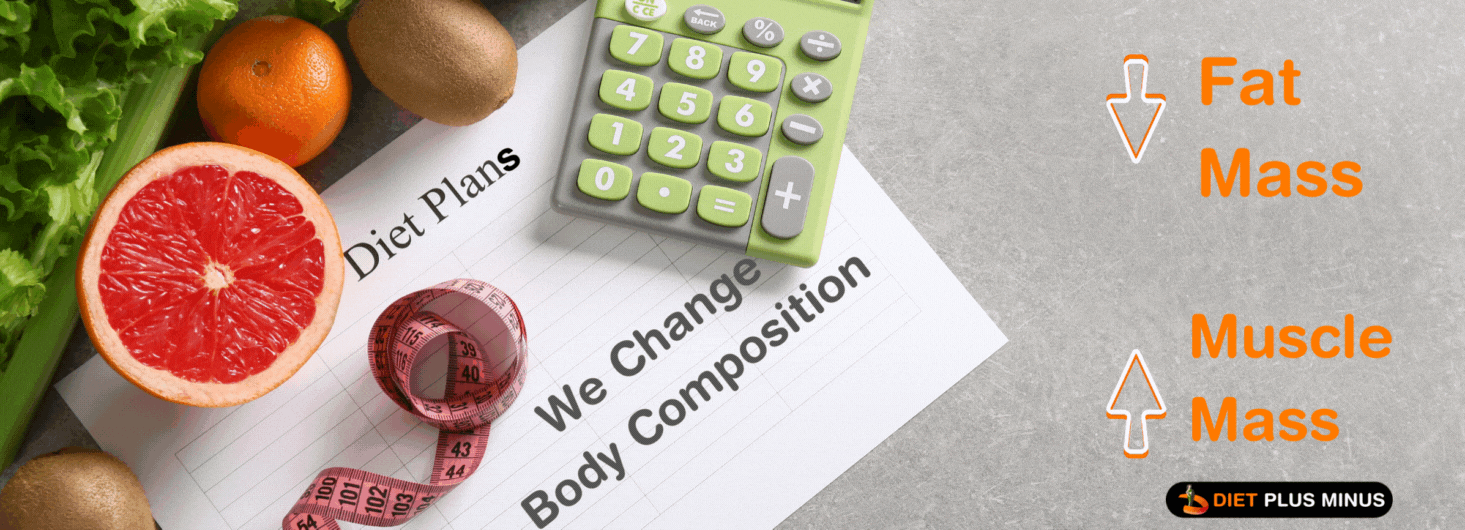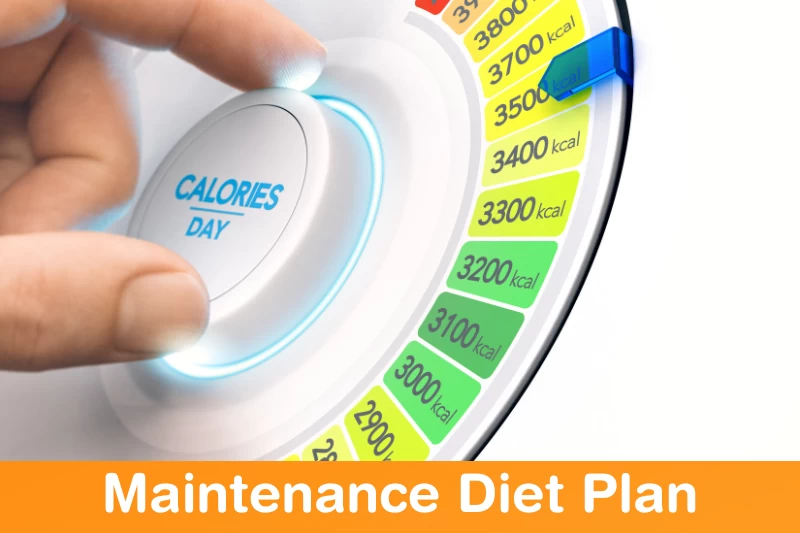
Every plan focuses on practical, sustainable change. You receive a personalized diet and activity guide, habit coaching, and timely reviews—so you always know what to do next. Choose a structure that matches your current needs and the amount of accountability you prefer.

| Duration | Price | |
| 4 WEEKS GOLD PLANS | Rs 3000 | Express Checkout |
| Duration | Price | |
| 4 WEEKS DIAMOND PLANS | Rs 5000 | Express Checkout |
| Duration | Price | |
| Express checkout |
Many people trying for weight loss achieve their desired weight by dieting and exercise, but unfortunately many of them gain it back.
Only 20% of individuals get success in losing extra weight and maintaining it for a long time. However, don’t get discouraged, because there are a number of scientifically proven ways which can help you keep the weight off, including mindful eating, stress management, and regular exercise.
It is simply a maintenance diet that is advised to start after the weight loss journey. It is very much similar to a normal diet. You can reach to us or send a request as per your calorie requirements or you can estimate your calorie requirements using a calculator.
Anybody who wishes to maintain their weight may send the request. We do not need any special blood tests before starting a maintenance diet. But if you have basic blood reports then please share your detail here at support@dietplusminus.com
There are few common reasons which lead to weight regain after achieving desired weight.
Very low calorie diet: A diet too low in calories may slow down your metabolism and also shift your appetite-regulating hormones. Both these factors lead to weight regain.
Lack of sustainability: Most of the low calorie diets are not sustainable because they focus on rules rather than lifestyle modifications. These diets are followed on the basis of willpower and can't be incorporated in your daily life for a long time. This discourages you and prevents weight maintenance.
Wrong mind-set: Many individuals assume diet as a quick fix, rather than a long term solution for a healthy future. These people give-up and gain back the lost weight again.
Regular exercise: Exercise is very important in weight maintenance. It boosts metabolism and also burns extra calories, both of these are necessary to achieve energy balance. According to studies, a minimum of 200 minutes of moderate exercise per week helps in the maintenance of weight after weight loss. Exercise is most helpful when combined with a healthy diet.
Weight lifting: A very low calorie diet, oftenly used by dieticians for weight loss results in muscle loss in addition to weight loss. This muscle loss reduces the basal metabolic rate, resulting in fewer calorie burn throughout the day. According to studies, individuals lifting weights after weight loss are more likely to keep weight off by maintaining muscle mass.
Don’t skip breakfast: Breakfast eaters tend to have healthier habits overall, including exercise, high consumption of fiber and micronutrients. According to evidence, individuals eating breakfast are more successful at maintaining weight loss.
Add plenty of protein: Protein is known to reduce appetite and promote fullness, leading to lower calorie intake, which in turn supports weight maintenance. Additionally, protein requires significant amounts of energy to break down in your body. Therefore, a regular intake of a diet rich in protein may increase the number of calories you burn during the day.
Drink plenty of water: Staying hydrated is very important in weight maintenance. It causes fullness, hence lesser calorie intake. Drinking water before meals leads to reduction in calorie intake when compared with those who didn’t drink water before a meal.
Keep control on your carb intake: Both the amount and type of carb are important in weight maintenance. Too much intake of refined carbs like white bread, fruit juices, and other refined flour products can be detrimental for your weight maintenance goals. To maintain your weight loss for the long term, a low carb diet is very beneficial.
Track your total calorie intake: There are a number of online apps which may help in tracking your total calorie intake for the maintenance of your weight. Food trackers increase your awareness about how much you are really eating.
Include plenty of vegetables to your diet: According to studies, increasing vegetable intake helps you in maintaining weight. Vegetables are high in fiber which causes fullness and hence lesser calorie intake.
Take your weight on regular intervals: Weighing yourself on a regular basis will help you keep control of your weight.
Be prepared for setbacks: When you start your weight loss and weight maintenance journey, setbacks are inevitable. You may skip your diet one day or may skip workout one day. Occasional slip up is ok but try to stick to your daily diet and exercise routine.
Sleep enough: Not sleeping enough results in weight gain in adults, and may interfere with weight maintenance. A sound sleep of 7 hours is necessary for adults and is optimal for weight maintenance and overall health.
Stress management: Stress management is very crucial in weight maintenance. Stress increases the level of cortisol, which results in weight regain. Stress also increases the risk of impulsive eating, i.e, eating when you are not hungry. Regular exercise, yoga and meditation can help you combat stress.
Mindful eating: Mindful eating is the most important aspect in weight maintenance. It is the practice of listening to internal appetite cues and paying full attention during the eating process. Distraction during eating may make it difficult to recognize fullness, resulting in overeating. So, this will help you stop eating when you are truly full.
Make sustainable changes in your lifestyle: Always remember one thing, “slow and steady wins the race”. So don’t be too restrictive and unrealistic in terms of your diet and exercise routine. Make sustainable changes in your day to day routine.
Register/Login I Blog I Subscription Plans I Calculator I ExercisesAll Testimonials I Before and After I Recipe I Amazon Pantry 
Note: Plans provide lifestyle guidance. Medication changes are overseen by your treating physician. Pricing/inclusions may vary by promotions.
Read More
Read More
Read More